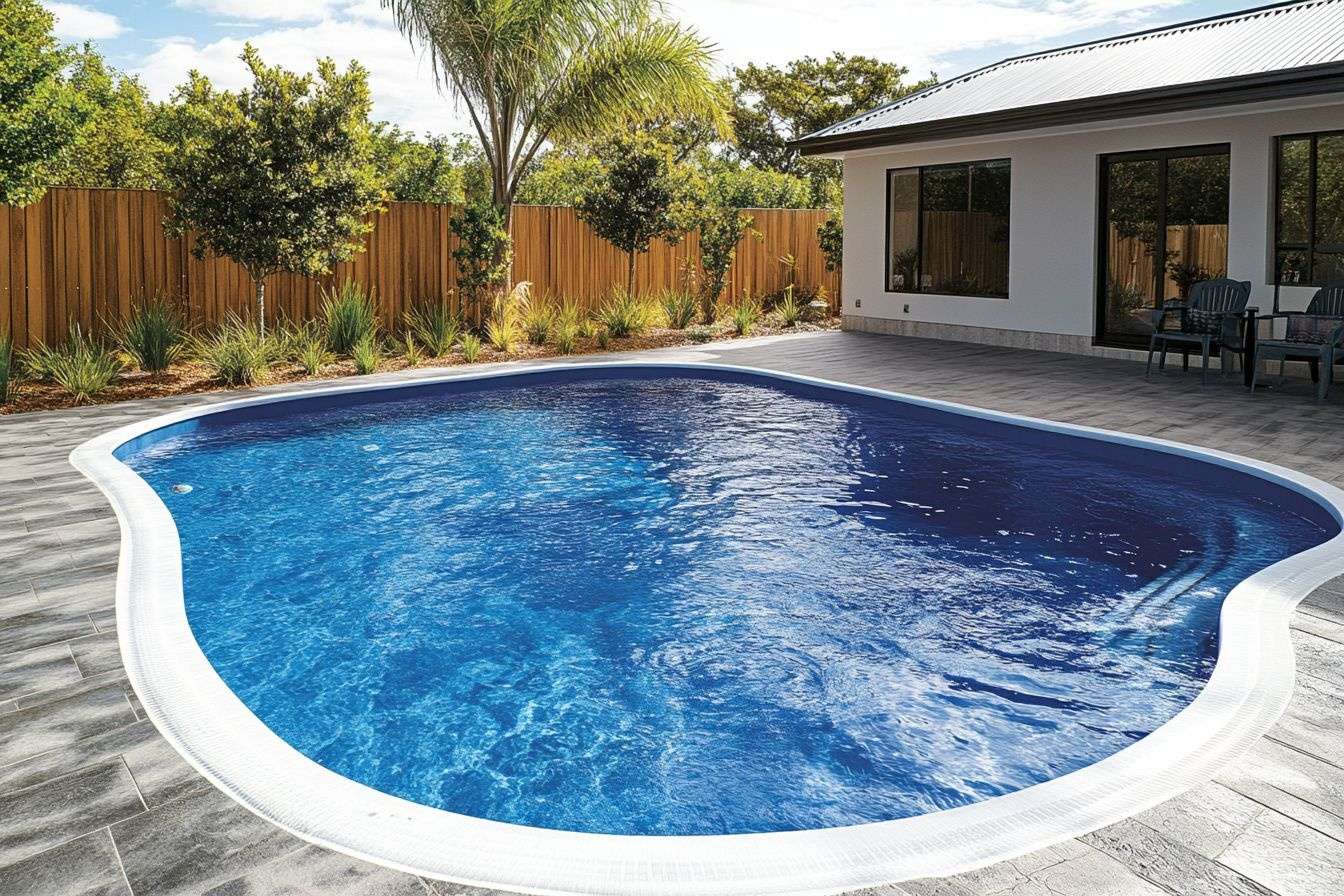Pool Gate Installation in the USA: Safety, Compliance, and Maintenance
Installing a reliable pool gate is not only a safety measure—it’s often a legal requirement in many parts of the United States. Whether you're building a new pool area or updating an older fence, understanding the basics of pool gate installation can help you stay compliant and protect your home.

What Are the Legal Requirements for Pool Gates in the U.S.?
Pool gate requirements in the United States can vary by state, county, and even city. However, some common regulations include:
-
Gates must be self-closing and self-latching
-
The latch should be at least 54 inches above the ground
-
Gates should open outward, away from the pool area
-
There should be no more than 4 inches between vertical bars
-
The gate should be at least 4 feet tall
It’s crucial to check with your local building department or pool safety authority for specific requirements in your area, as non-compliance can result in fines or even forced pool closure.
What Materials Are Commonly Used for Pool Gates?
Pool gates are available in various materials, each with its own benefits:
-
Aluminum: Lightweight, rust-resistant, and low-maintenance
-
Steel: Durable and strong, but may require rust-prevention treatments
-
Vinyl: Affordable and low-maintenance, but less durable than metal options
-
Wood: Aesthetically pleasing but requires regular maintenance to prevent weathering
-
Glass: Modern and visually appealing, but more expensive and requires frequent cleaning
The choice of material often depends on budget, climate, and desired aesthetics. Aluminum and vinyl are popular choices due to their durability and low maintenance requirements.
How Does Pool Gate Installation Relate to Overall Pool Safety?
Pool gate installation is a critical component of a comprehensive pool safety strategy. It serves as the first line of defense against unauthorized access, particularly for young children and pets. A properly installed gate:
-
Prevents accidental drownings by restricting unsupervised pool access
-
Complements other safety measures like pool covers and alarms
-
Provides peace of mind for pool owners and parents
-
Helps meet insurance requirements and potentially lower premiums
-
Contributes to overall property safety and value
Remember, while a gate is essential, it should be part of a multi-layered approach to pool safety that includes supervision, swimming lessons, and CPR training.
When Should You Consider Pool Gate Repairs Instead of Full Replacement?
Determining whether to repair or replace your pool gate depends on several factors:
-
Age of the gate: If it’s relatively new, repairs might be more cost-effective
-
Extent of damage: Minor issues like loose hinges or a faulty latch can often be repaired
-
Material condition: If the gate material is still in good condition, repairing components may suffice
-
Cost comparison: Get quotes for both repair and replacement to make an informed decision
-
Compliance issues: If your current gate no longer meets updated safety standards, replacement may be necessary
Regular maintenance can extend the life of your pool gate and reduce the need for major repairs or replacement.
What Are Some Unique Insights About Pool Gate Installation in the USA?
Pool gate installation in the United States has evolved significantly over the years. Here are some interesting facts and insights:
-
Many states now require pool gates to be equipped with alarms that sound when the gate is opened
-
Some municipalities offer free inspections to ensure pool gates meet local safety standards
-
There’s a growing trend towards “smart” pool gates that can be monitored and controlled via smartphone apps
-
In areas prone to hurricanes, pool gates may need to meet additional wind resistance standards
-
Some homeowners associations have specific requirements for pool gate aesthetics to maintain neighborhood uniformity
How Much Does Pool Gate Installation Typically Cost in the USA?
The cost of pool gate installation can vary widely depending on factors such as material, size, and local labor rates. Here’s a general overview of pricing for different gate options:
| Gate Type | Material | Average Cost Range |
|---|---|---|
| Standard | Aluminum | $200 - $600 |
| Premium | Glass | $1,000 - $2,500 |
| Custom | Wrought Iron | $500 - $1,500 |
| Smart Gate | Various | $800 - $2,000 |
| Child Safety | Mesh | $150 - $300 |
Prices, rates, or cost estimates mentioned in this article are based on the latest available information but may change over time. Independent research is advised before making financial decisions.
Installation costs typically range from $200 to $500, depending on complexity and local rates. Additional features like alarms or smart technology can increase the overall cost. It’s advisable to get multiple quotes from licensed contractors in your area for accurate pricing.
In conclusion, pool gate installation is a crucial aspect of pool ownership that combines safety, legal compliance, and property enhancement. By understanding the requirements, materials, and maintenance needs, you can ensure your pool area remains secure and compliant with local regulations. Remember that while the initial cost may seem significant, the safety and peace of mind provided by a properly installed pool gate are invaluable.




